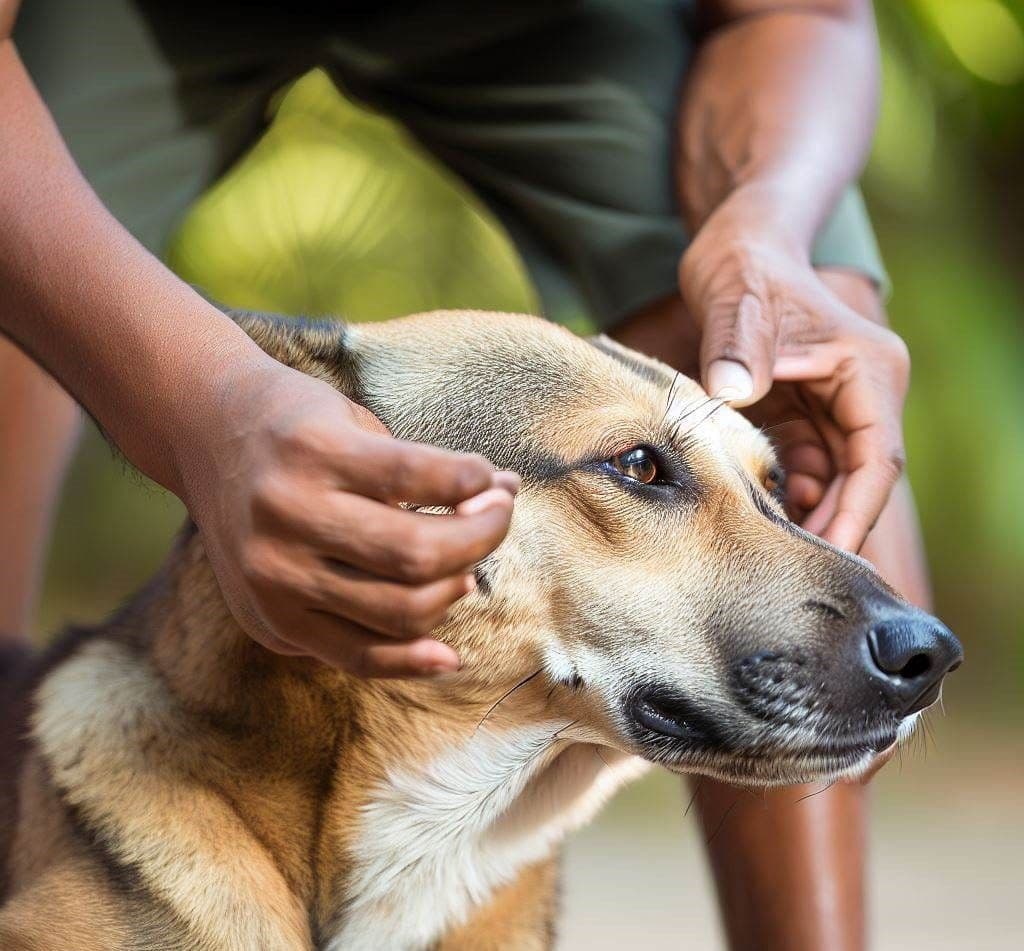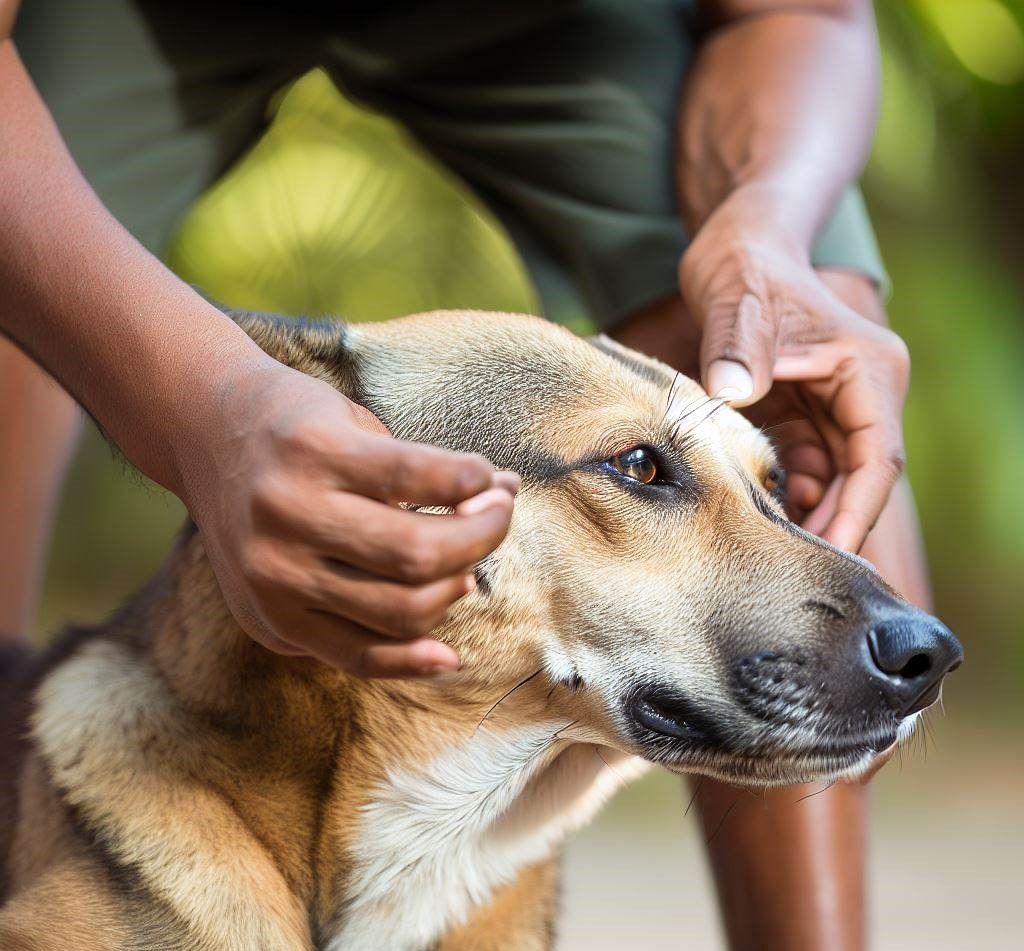
Comprehensive Healthcare for Dogs Living With Diabetes

Dogs with diabetes need comprehensive healthcare to manage their condition and live long, healthy lives. This includes regular veterinary visits, diet and exercise management, and insulin therapy.
Regular Veterinary Visits
It is important to take your dog to the veterinarian for regular checkups, even if they are otherwise healthy. This is especially important for dogs with diabetes, as their condition can change quickly. During these visits, your veterinarian will check your dog's blood sugar levels, weight, and overall health. They may also recommend additional tests, such as urinalysis or a complete blood count.
Diet and Exercise Management
A healthy diet and regular exercise are essential for dogs with diabetes. Your veterinarian can help you create a diet plan that meets your dog's individual needs. This plan may include a special dog food or a home-cooked diet. You should also make sure your dog gets plenty of exercise. Exercise helps to keep blood sugar levels in check.
Insulin Therapy
Most dogs with diabetes will need insulin therapy. Your veterinarian will prescribe the type and dosage of insulin that is right for your dog. You will need to give your dog their insulin injections at the same time each day. It is important to monitor your dog's blood sugar levels closely and adjust their insulin dosage as needed.
With proper care, dogs with diabetes can live long, healthy lives. By working with your veterinarian, you can develop a comprehensive healthcare plan that will help your dog manage their condition and thrive.
Here are some additional tips for caring for a dog with diabetes:
Keep a log of your dog's blood sugar levels. This will help you track their progress and make sure their insulin dosage is correct.
Monitor your dog for signs of hypoglycemia (low blood sugar). These signs can include weakness, trembling, seizures, and coma. If you see any of these signs, give your dog a small amount of sugar or honey and call your veterinarian immediately.
Be prepared for emergencies. Keep a supply of your dog's insulin, syringes, and food on hand at all times. You should also have a plan in place in case you are unable to give your dog their insulin at the scheduled time.
Caring for a dog with diabetes can be challenging, but it is also rewarding. With your love and care, your dog can live a long and healthy life. Visit this blog to know more about this topic.
Appreciate the creator